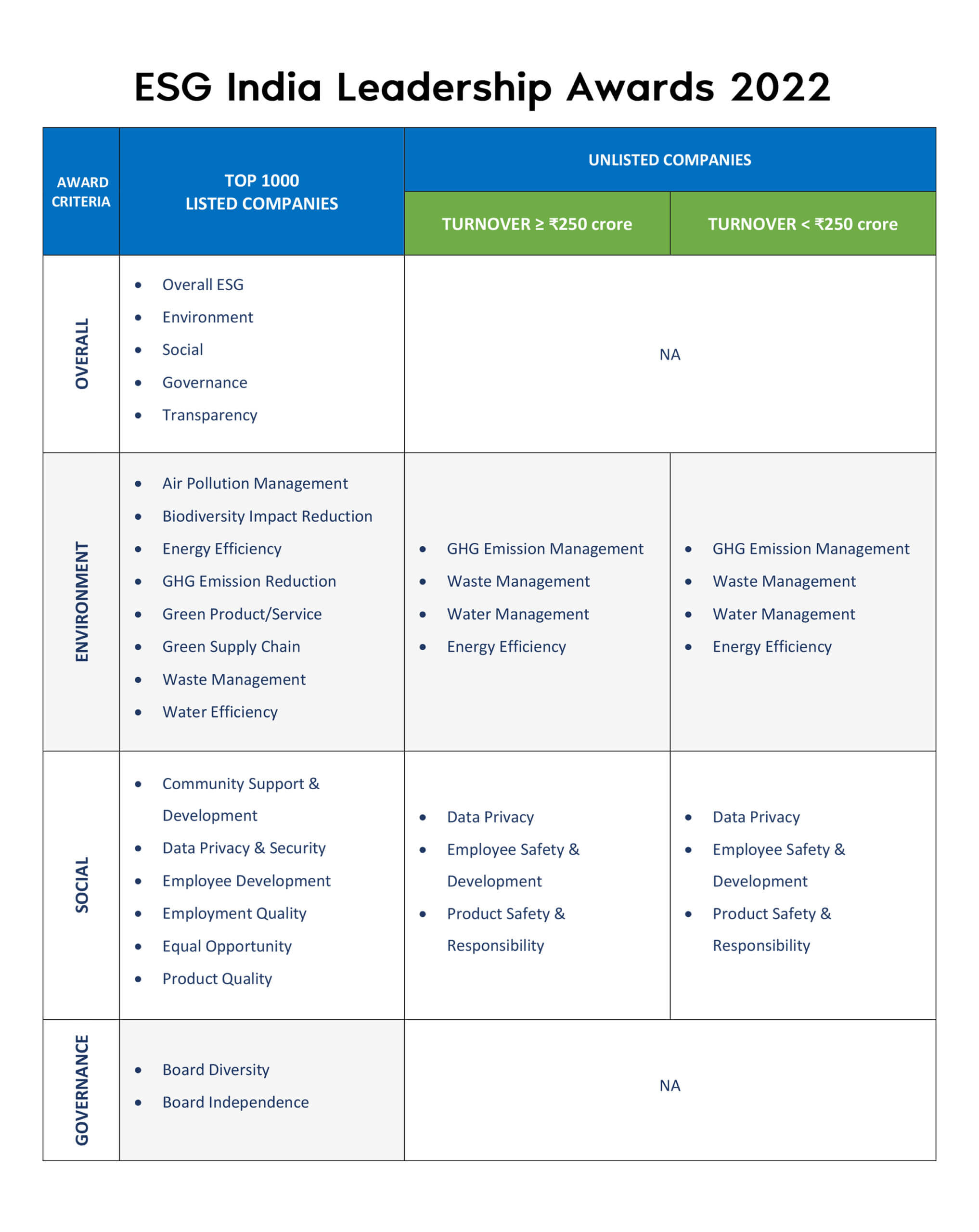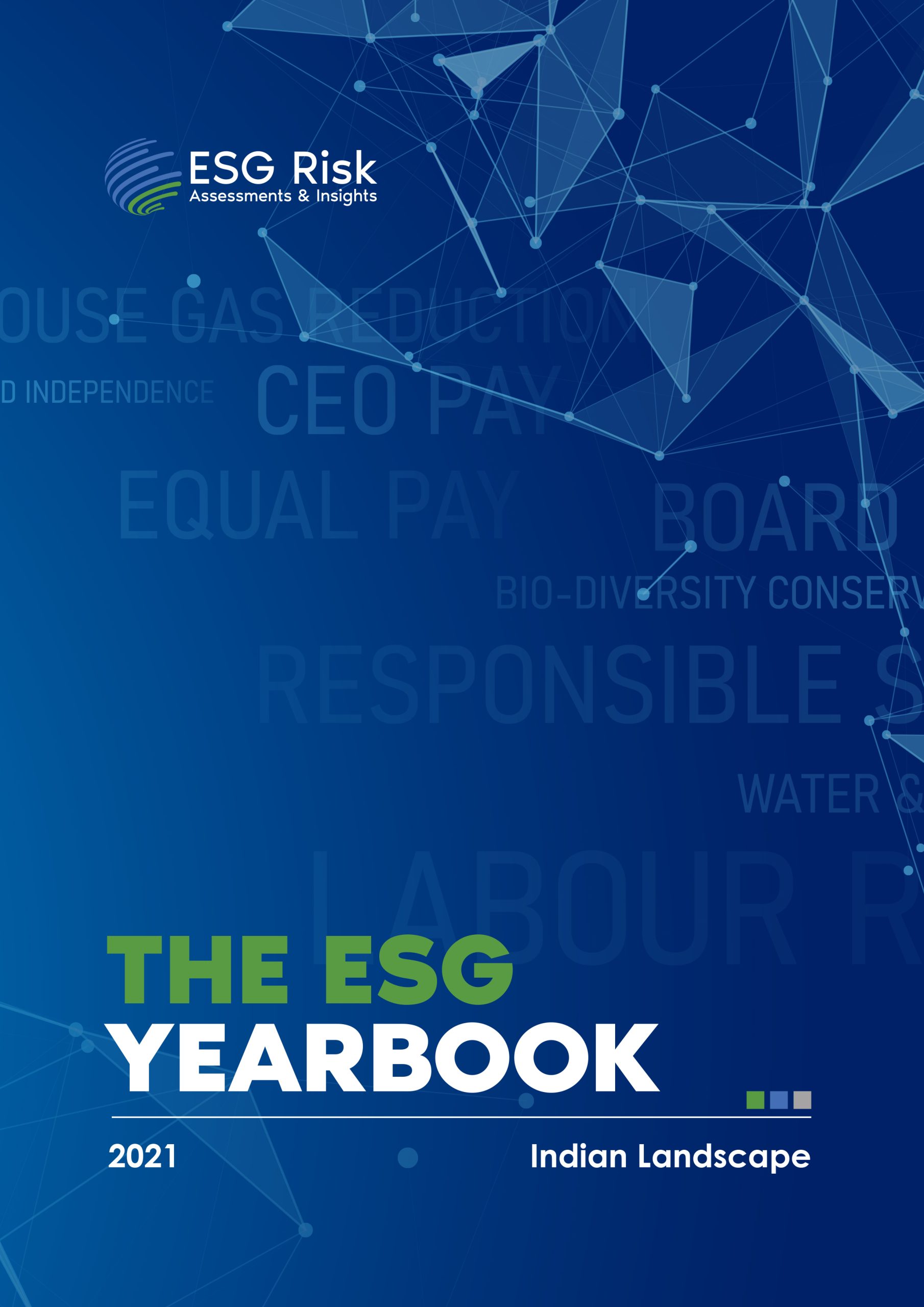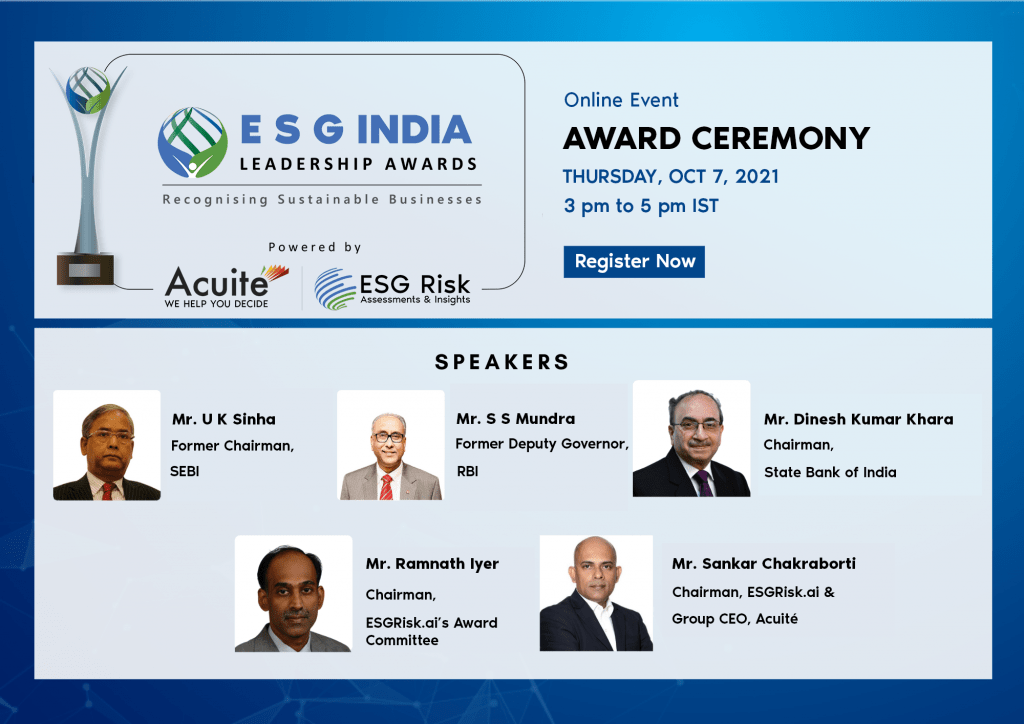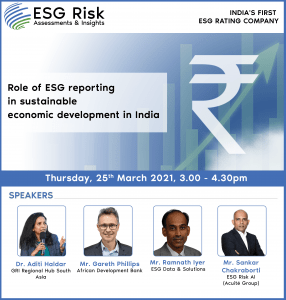ESG analysis of petroleum industry 2021-2022
Why petroleum & refinery companies are keen on
high ESG presence?
With climate change threatening to disrupt lives, energy transition, decarbonisation and a net-zero economy have become pressing global goals. Almost every industry is consciously minimising carbon emissions and switching to more efficient and sustainable methods of production. Investors, customers, government, and even non-government agencies are asking organisations whether they’re conducting operations in a sustainable manner.
The petroleum and refinery industry has been under greater scrutiny for its sustainability initiatives owing to the nature of operations. Greenhouse gases emitted during the manufacture of petroleum and refinery products contribute massively to climate change. The industry’s operations also cause poor water quality, groundwater contamination and acid rain. Over the years, it has had a chequered history:
- The Bhopal gas tragedy in 1984 is one of the biggest industrial disasters. A gas leak from a Union Carbide India Limited (UCIL) pesticide plant led to over 3,000 fatalities.
- An Indian Oil Corporation tank caught fire in Jaipur in 2009, leaving 12 dead and over 200 injured. Reports claim the fire raged for a week.
- A blast in LG Polymers plant in Visakhapatnam caused a gas leak killing 14 people in 2021.
- Nineteen workers suffered injuries in a blast in the refinery of IOCL in Barauni in 2021.
- In the same year, a major fire broke out at the Haldia Petrochemicals plant in West Bengal.
That said, the petroleum and refinery industry is gradually taking positive steps towards sustainability. Several companies have also been reporting their sustainability efforts or Environmental, Social, and Governance (ESG) reporting.
Their impressive ESG strides could be gauged from the scores below:

Moving with ESG conviction
It’s not just public pressure or fear of regulatory penalties that are compelling them to go down the ESG route. Petroleum and refinery companies seem convinced of the potential of ESG in long-term value creation, which gives them a competitive edge.
We’re already witnessing a shift. Companies are conscious of the impact of their operations on the environment. For example, they are implementing unique methods to minimise methane intensity in operations. Methane is a by-product of the digestion process in animals like cows, goats, and sheep. The industry is adopting better management practices in the form of feed supplementation to reduce emissions from these sources. It’s promoting use of low-carbon alternative energy like wind, solar, and hydropower to minimise methane intensity.
While several petroleum and refinery companies are trying to minimise the negative impacts of their operations, there’s scope to do better. ESGRisk.ai data reveals that when it comes to undertaking measures to reduce water related pollutants, the industry on average scores just 21% for its effort or a lack thereof, highlighting its dire situation. ESGRisk.ai also points to the fact that it must focus more on material issues of air-pollution emissions (29%), biodiversity impact (30%) and energy efficiency (35%) where it lacks considerably.
It’s imperative that this industry also focuses on:
- Improving access to capital
- Attracting talent
- Prohibiting child labour
- Managing positive relations with suppliers, customers, and employees
- Driving employee engagement
The industry has credible performances in the material issues of
- Community support and development
- Human rights with scores of 63% and 57% respectively (source ESGRisk.ai data).
Additionally, business leaders from this industry should address governance issues like crony capitalism and lack of transparency in allocation of resources and pricing. And, as the episodes mentioned above suggest, there ought to be concerns about inadequate safety measures to protect workers, risk management, and ESG compliances. However, it has achieved impressive scores in board independence and board diversity (81% and 64% according to ESGRisk.ai data).
The divestment roadblocks
Now, let’s examine the scenario in India. Many Public Sector Undertakings (PSUs) are eager to transit to clean operations and offerings. Privatisation of oil firms is a step forward by the government to maximise value creation and bring in more process efficiencies. The privatisation processes for giant PSUs such as BPCL and BHEL have been on the anvil. But with greenwashing (giving a misleading picture of ESG initiatives) often used as a marketing tool, most of the potential buyers in the PSU space are treading cautiously.
Investors in this space are keen to see whether companies are making absolute ESG progress. Business Responsibility and Sustainability Reporting (BRSR) has not only changed the game in ESG disclosures but it’s also asked whether the ESG ratings of these firms are compliant with international practices.
In an article “Are PSUs joining the race for net zero?” published in The Hindu’s Business Line, ESGRisk.ai Chairman and Group CEO Acuité, Sankar Chakraborti, concurs: “Effective demonstration of initiatives taken towards ESG is the missing link. This is done through an audit, independent validation and benchmarking of the voluntary disclosures. In limiting the consumption of traditional fossil fuels in operations, moving to renewable alternatives like solar energy, slashing carbon emissions, and joining the race to net zero, they’re showing genuine ESG intent. Coal India Ltd, for instance, is shutting down small mines to focus on solar panels. The company is also refraining from starting mines that would require mass hiring. BPCL is scaling up its renewable energy portfolio. Indian Oil is setting up India’s first green hydrogen plant.”
Why ESG ratings?
A strong correlation is thus established between divestment and ESG ratings done by credible rating providers. Investors are increasingly relying on ESG ratings before making investment decisions.
ESGRisk.ai’s ESG ratings help investors understand a company’s ESG performance and link it to the investor’s portfolio risk. The ratings provide a comprehensive picture of financially material ESG factors. ESGRisk.ai’s rating reports are used for portfolio construction and management as well as comparisons and benchmarking of ESG performance.
How we construct assessments

Score
Each indicator and signal is scored based on the company’s issue specific performance .

Aggregate
Individual signals scores are aggregated using materiality and polarity.

Review
Analyst reviews and if needed changes the materiality of issues and weights.

Benchmark
Analysts then compare the company performance with its peers and the universe.

Rate
Every company has exposure to a wide variety of risks and each risk impacts it to varying degrees. ESGRisk.ai’s evaluation of exposure and scoring of the risk management process is so structured that individual datapoints on risk exposure and management are aggregated to evaluate performance.
Prioritising ESG helps these companies avoid negative press. Investing in new environmentally friendly technologies, demonstrate ESG leadership. And supporting ESG policies enhances the likelihood of garnering public and private capital.
Customers who support sustainability issues may refrain from buying services and products from a company that does not give priority to ESG. This can ultimately affect the business’s profitability in a negative way. Petroleum and refinery companies that ignore ESG could find themselves at a competitive disadvantage.
A lack of an ESG strategy could be a value-destroyer. The role of third-party ESG rating providers becomes crucial to identifying gaps in ESG strategies. As Chakraborti succinctly explains in the Hindu article: “Low ESG scores keep investors at a distance. Engaging with third-party, independent ESG rating providers thus become the key to identify gaps in sustainability strategies that hinder ESG scores which, in turn, can push back divestment processes by several years.”
To sum up, it’s undeniable that ESG frameworks set up the right processes for privatisation of PSUs. Fortunately, this realisation has dawned upon Indian PSUs. Other industries are already taking note.







